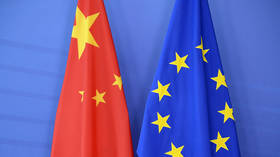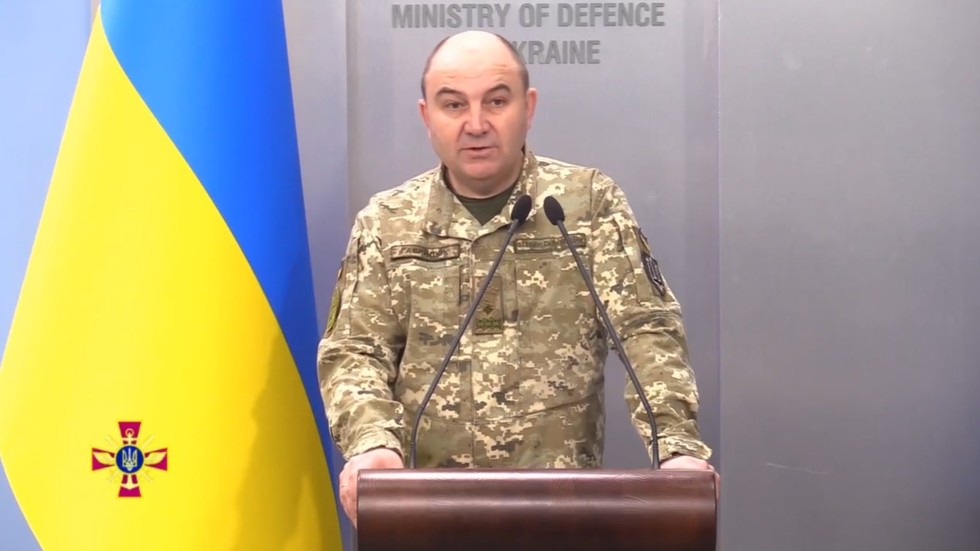Budapest is opposed to restrictions on Chinese firms included in Brussels’ package of measures, sources told the news outlet
Hungary was the only member state that refused to sign off on the EU’s 13th package of sanctions against Russia during the meeting of the bloc’s ambassadors on Wednesday, the Financial Times has reported.
The EU is trying to achieve approval for the package, which requires support from all member states, before February 24, the second anniversary of the launch of Russia’s military operation in Ukraine. The proposed restrictions would reportedly target 200 individuals and entities, most from Russia. However, for the first time since the escalation in early 2022 of long-simmering Kiev-Moscow tensions, Asian firms –three Chinese and one Indian– have been included on the list.
Brussels is accusing the four companies of helping Moscow to avoid EU curbs, mainly by supplying it with components that can be repurposed for use in drones and other weapon systems.
Hungary, which had been a consistent critic of restrictions on Russia and of EU military aid to Ukraine, “didn’t agree [with the new sanctions package] due to Chinese companies” being targeted by it, an unnamed official told FT on Thursday.
Another source who talked to the outlet claimed that the EU ambassadors actually had “a very fruitful exchange” regarding the curbs. Hungary blocked the package by saying it needed “a bit more time to analyze the content of the proposals,” the quoted official stressed.
Discussions on increasing sanctions on Russia will continue next week, the sources said.
According to Reuters, EU foreign ministers will address the restrictions at their meeting on Monday, with their ambassadors returning to the issue on Wednesday.
China reacted to reports that its firms might be blacklisted by the EU, saying it rejects “illegal sanctions” and vowing to protect the interests of Chinese companies.
Hungary has taken a neutral stance since the February 2022 escalation.
Budapest condemned Moscow’s military operation but refrained from supplying weapons to Ukraine, while also calling for a diplomatic solution to the crisis. It has also repeatedly said the sanctions hurt the EU itself more than Russia.
For months, the Hungarian authorities resisted pressure from Brussels and continued to block the EU’s move to provide Kiev with another €50 billion ($54 billion) in aid, citing a lack of mechanisms to control how Ukraine would use the money. The package was eventually agreed between member states earlier this month and is expected to be approved by the European Parliament by month’s end.





















































